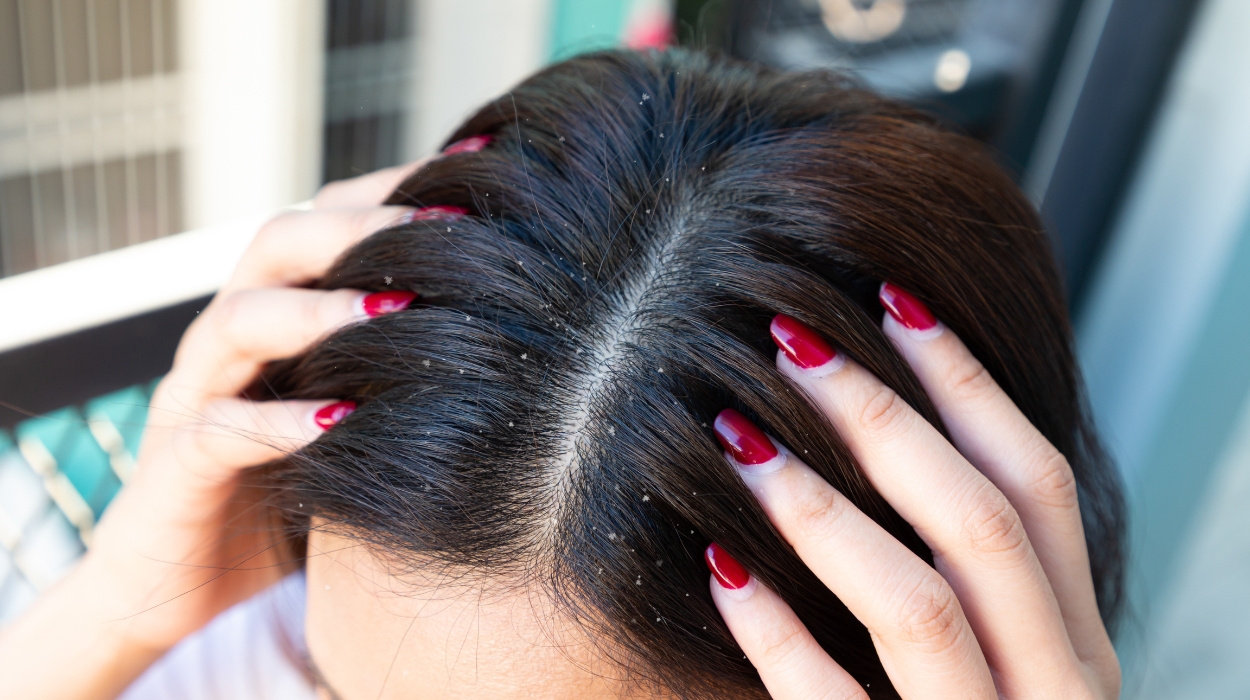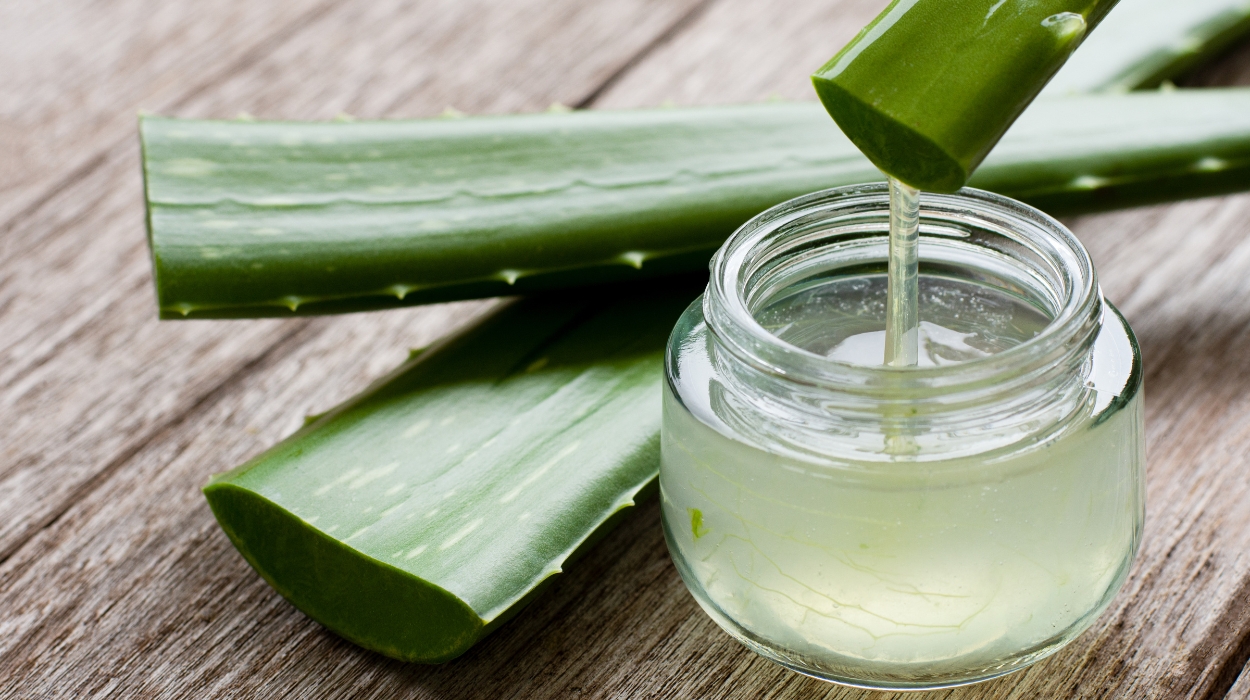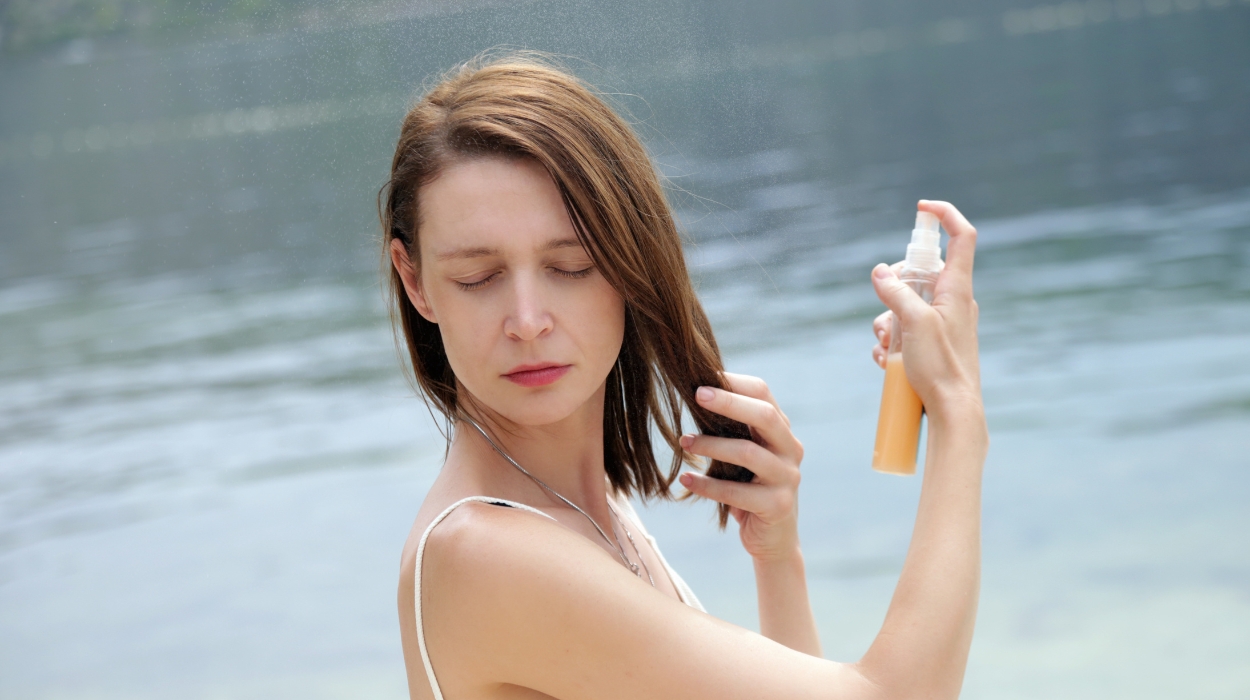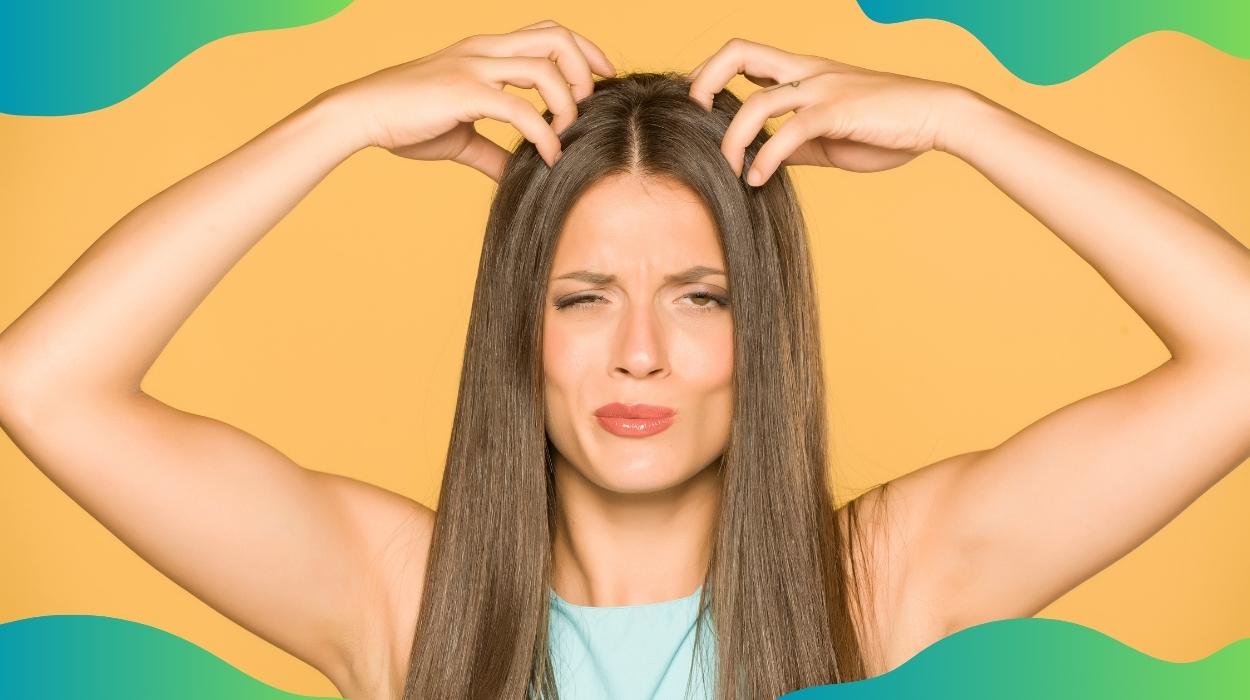Are you constantly bothered by an itchy scalp? It can be incredibly frustrating and uncomfortable, but you’re not alone. Many people experience the same issue and wonder, “Why is my scalp so itchy?” This article will explore the common causes of scalp itching and provide effective remedies and prevention tips to help you find relief.
Why Is My Scalp So Itchy?
Before we delve into the causes of an itchy scalp, let’s understand why it happens in the first place. The skin on your scalp is delicate and can easily become irritated. Itching can be a response to various factors such as dryness, inflammation, allergies, or irritants. Understanding the root cause of your itchy scalp is crucial in finding the right treatment.
Common Cause of Scalp Itching

Scalp itching can occur due to a number of common conditions or reactions. Some common causes of scalp itchiness include:
Scalp Psoriasis
One of the leading causes of an itchy scalp is scalp psoriasis. This chronic skin condition occurs when the immune system mistakenly speeds up the growth cycle of skin cells. As a result, the excess skin cells build upon the surface of the scalp, leading to red, scaly patches that are intensely itchy.
If you notice silvery scales on irritated patches of your scalp, you could have scalp psoriasis. It is essential to consult a dermatologist for proper diagnosis and treatment.
Head Lice
Head lice infestations are not just a problem for children. Adults can also fall victim to these tiny parasites. An itchy scalp is one of the most common symptoms of head lice. These insects feed on blood from the scalp and lay eggs, causing intense itching and irritation.
You can purchase lice shampoos and removal tools over the counter at your local drugstore. However, it’s important to further consult with a healthcare professional for guidance.
Seborrheic Dermatitis
Seborrheic dermatitis is a common skin condition that affects the scalp, causing itchiness and flaky skin. Dandruff is the common name for milder forms of this condition. Seborrheic dermatitis is caused by the overgrowth of yeast on the scalp, which leads to inflammation and irritation.
Using dandruff shampoos containing ingredients like zinc pyrithione or ketoconazole can help alleviate the symptoms.
Allergic Reactions or Irritants
Sometimes, an intensely itchy scalp or itchy rash can be a result of an allergic reaction or exposure to irritants. Certain hair products, such as shampoos, conditioners, or styling products, may contain ingredients that your scalp is sensitive to.
It is important to read product labels carefully and avoid using products that trigger skin irritation. Additionally, some fabrics, such as wool, can cause irritated skin and itchiness when in contact with the scalp.
Ringworm Fungal Infection
Ringworm, a common fungal infection, can cause scalp itching and discomfort. This contagious condition, also known as tinea capitis, primarily affects children but can also occur in adults.
Ringworm on the scalp typically begins as a small, round patch of redness and gradually spreads, leading to the formation of multiple lesions. As the infection progresses, the affected areas become itchy, resulting in persistent scalp itching.
Treatment for ringworm typically involves antifungal medications, either in the form of topical creams or oral medications.
Home Remedies for Itchy Scalp 2024

If you’re looking for natural remedies to get relief for scalp itch, you’re in luck! Here are a few effective home remedies to consider:
Aloe Vera
Aloe vera gel is well-known for its soothing properties and can provide relief for an itchy scalp. Extract the gel from an aloe vera leaf, or purchase store-bought gel, and apply it directly to your scalp. Leave it on for about 30 minutes before rinsing. Aloe vera helps moisturize the scalp and reduce irritation, promoting a healthier scalp environment.
Apple Cider Vinegar
Apple cider vinegar (ACV) has antibacterial and antifungal properties, making it a potential remedy for an itchy scalp. However, you should note that little empirical research exists on its direct benefits to the scalp. You should discuss ACV with your doctor before use if you have an existing skin condition.
Mix equal parts of apple cider vinegar with water and apply it to your scalp. Leave it on for a few minutes before rinsing. The acidity of apple cider vinegar helps restore the pH balance of the scalp and reduce itching.
Tea Tree Oil
Tea tree oil is known for its antimicrobial properties, making it a popular choice for treating various skin conditions, including an itchy scalp. Mix a few drops of tea tree oil with carrier oil, such as coconut or olive oil, and massage it into your scalp. Let it sit for 15-20 minutes before rinsing. The tea tree oil will help soothe the itchiness and reduce inflammation.
Prevention of Scalp Itchiness

It is easier to prevent itchiness than to cure it. Here are some tips to help prevent scalp itchiness and get relief:
Protect Your Scalp from the Sun
Just like your skin, your scalp is susceptible to sunburn and the potential discomfort it can bring. It’s crucial to shield your scalp from the harmful effects of UV rays to maintain its health and prevent itching. One effective way to do this is by wearing a hat that provides adequate coverage or using sunscreen specifically formulated for the scalp.
Maintain Good Scalp Hygiene
Regularly washing your hair with a mild shampoo and conditioner is an essential practice for a healthy scalp. It helps to cleanse the scalp without excessively drying it out, maintaining a proper oil balance.
Regular washing can also help prevent scalp conditions such as dandruff, seborrheic dermatitis, and scalp acne by keeping the scalp clean. These conditions are often caused by a buildup of oil, dead skin cells, and product residue on the scalp.
It is important to note that while regular washing is essential, it is equally crucial to strike a balance. Overwashing or using too many hair products can also lead to scalp issues and irritation. A dermatologist or hairstylist can provide personalized guidance and recommendations.
Avoid Over styling and Heat Damage
Excessive heat from styling tools, such as hair dryers and curling wands, can have detrimental effects on the scalp’s health. The intense heat can strip away the natural moisture from the scalp, leaving it dry, itchy, and irritable. Similarly, harsh chemicals present in hair treatments like dyes, relaxers, and perms can further damage the scalp, causing discomfort and itchiness.
To maintain a healthy scalp and prevent irritation, it is crucial to limit the use of heat-styling tools. Instead of relying on daily heat styling, consider embracing more natural hairstyles that require minimal heat. This could include air-drying your hair, opting for loose braids or buns, or using heat-free methods like flexi-rods or rollers to achieve desired looks.
When to See a Doctor
While most cases of an itchy scalp can be treated at home, there are instances where medical attention is necessary. Consult a healthcare professional if:
- The itchiness persists despite home remedies and lifestyle changes.
- You experience severe scalp irritation, redness, or swelling.
- You notice unusual hair loss.
- The itchiness is accompanied by other symptoms, such as a rash or sores on the scalp.
Conclusion
An itchy scalp can be a nuisance, but with a proper understanding of the causes and effective remedies, you can find relief. Whether it’s scalp psoriasis, seborrheic dermatitis, or an allergic reaction, there are solutions available to help get relief. Remember to maintain good scalp hygiene, avoid irritants, and seek medical attention when necessary. Say goodbye to those itchy scalp woes and embrace a healthier, itch-free scalp!
Frequently Asked Questions
An itchy scalp can be a point of frustration, and you might be asking ‘Why is my scalp so dry and itchy?’ Thankfully, you can get relief and achieve healthy, comfortable skin. If you have an itchy scalp, you might benefit from the answers to these frequently asked questions.
Dandruff and seborrheic dermatitis share similar symptoms, but they have different underlying causes. Dandruff is often caused by yeast overgrowth and appears as white flakes on the scalp. Seborrheic dermatitis, on the other hand, is a more severe form of dandruff and is characterized by red, inflamed skin with greasy yellow or white scales.
Yes, persistent itching and scratching of the scalp can potentially lead to hair loss. The constant irritation can damage the hair follicles and weaken the hair shaft, resulting in hair loss. It is crucial to address the underlying cause of the itchiness to prevent further damage.
While rare, an itchy scalp can be a symptom of skin cancer, particularly in cases of squamous cell carcinoma. If you notice persistent itchiness, along with other concerning skin cancer symptoms such as new moles or changes in existing moles, it is important to consult a dermatologist for a thorough evaluation.
ACV is generally safe to use on the scalp, but it is important to dilute it with water to avoid any potential irritation. If you have sensitive skin or any open wounds on your scalp, it is advisable to consult a dermatologist before using apple cider vinegar or any other home remedies.
Yes, there are over-the-counter itchy scalp treatment options available. Look for dandruff shampoo specifically formulated for when your scalp itches, which often contains ingredients like salicylic acid, coal tar, or ketoconazole. These ingredients help reduce itchiness and control the underlying causes of a flaky scalp. If symptoms persist, it is best to consult a healthcare professional for further evaluation and guidance.
